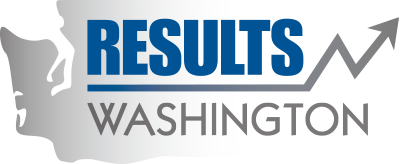Archived: Increase the number alternative fueled and hybrid vehicles in the state fleet
Purchasing hybrid, Plug-In Hybrid (PHEV) and transitioning to fully Battery Electric vehicles (BEV) is a critical component for the state to meet MPG targets set for 2018. As vehicle technologies advances, Washington needs to remain on the cutting edge and uphold our commitment to environmental sustainability. Measure 2.3.a directly addresses Executive Order 14-04:Washington Carbon Pollution Reduction and Clean Energy Action and advances the State of Washington forward in an environmentally responsible manner.
DES is on track to meet our target goal of 3,436 alternatively fueled or hybrid vehicles in service by 2020. DES continues to purchase alternative fuel and hybrid vehicles. Adoption of hybrid vehicles and fully battery electric vehicles has become common among state agencies as drivers are comfortable in knowing that the technology and vehicle capabilities meet their daily needs. Additionally, the new DES Vehicle Master Contract provides a broader range of offerings of non-sedan hybrid SUVs. With manufacturers currently expanding hybrid technology to non-sedan vehicle classes, such as SUVs, Vans, and Light Duty Trucks, this presents a great opportunity to increase adoption by agency using these vehicle types. DES also anticipates more contract offerings from manufacturers as this technology is developed, which will further enable the State to meet its goal for alternative fuel vehicles.
Our fleet of light duty sedans serves as a model that demonstrates how effective hybrids are in transitioning our gasoline fleet into an electric fleet. Throughout the New Vehicle Request process, hybrid and fully battery electric vehicles are the standard replacement vehicle. Agencies are mandated to provide a detailed justification if the standard vehicle will not meet their business needs. This process must be approved by the submitting agency’s Director. Additionally, DES continues to stay apprised of emerging technologies through associations and engagement of other professionally managed fleets,which is a key component to achieving the target goal.
Continued support for the implementation of policies and/or procedures that maximize the use of electric vehicles. Such as implementing electric vehicle charging polices at agency facilities. The integration of electric vehicle charging stations in facility plans designed is key to supporting the adoption electric vehicles.Doing so will further strengthen our statewide EV infrastructure. State agencies should give consideration to technologies that improve reporting for statewide annual mileage and fuel usage. This will enable the state to make data driven decisions as they implement alternate current and future alternatively fueled vehicles in their fleets.
